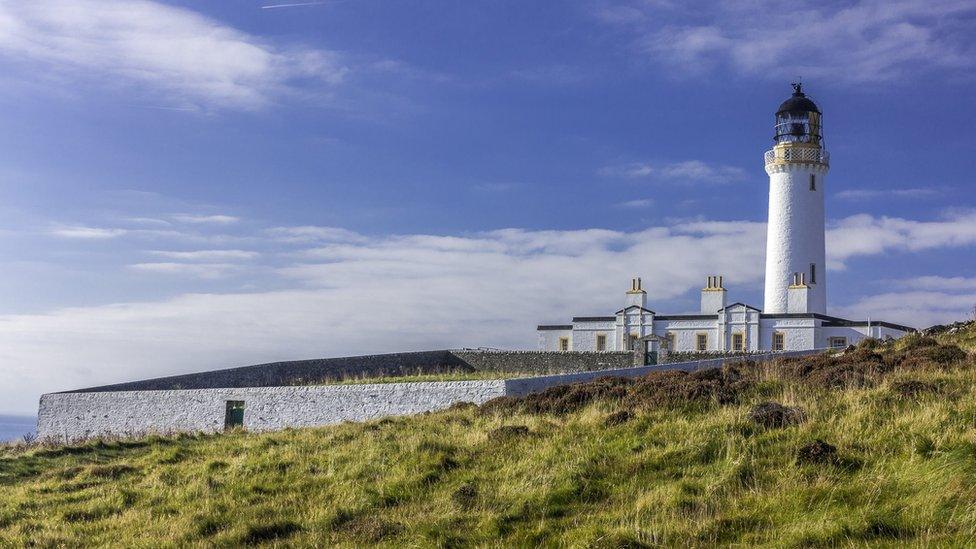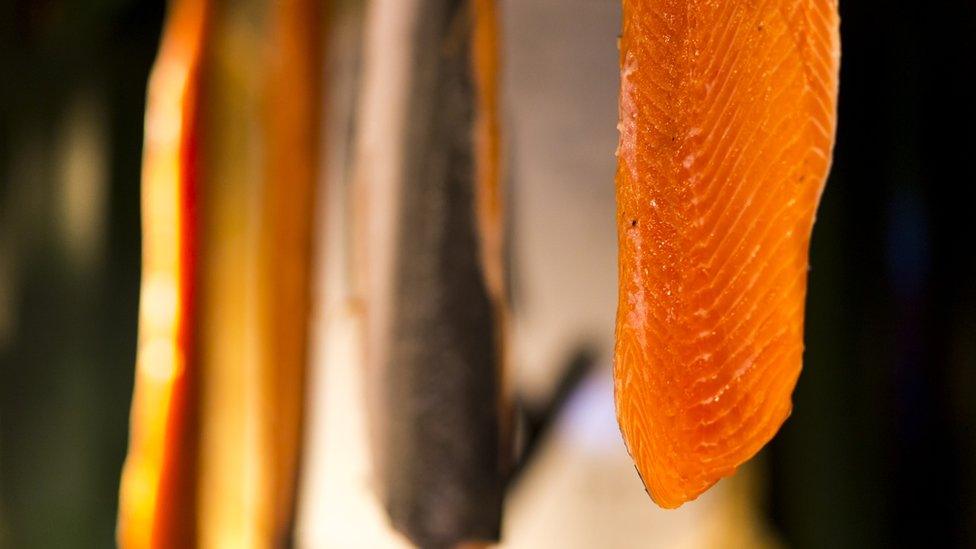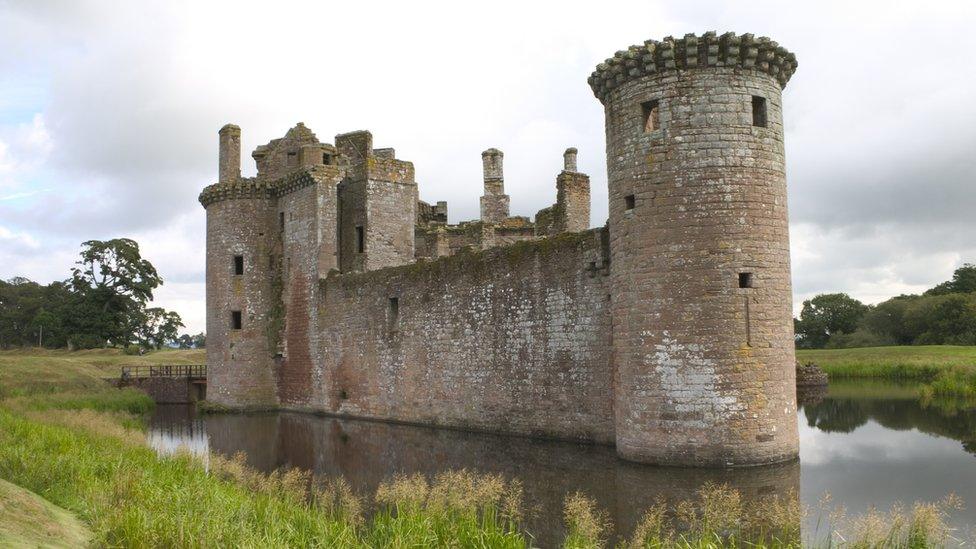Dumfries and Galloway: Selling Scotland's 'overlooked corner'
- Published

It is, according to Countryfile expert Dixe Wills, "an overlooked corner whose time has come".
Readers agreed and voted its "tranquil forests, astonishing wildlife, wonderful beaches, lochs and streams" as holiday destination of the year.
Now a strategy is poised to be adopted to build on that reputation for the next five years.
But what are the points it hopes to draw on to attract people to Dumfries and Galloway?
Dumfries and Galloway Tourism Strategy 2016 to 2020
Draft document goals
£330m
Tourism value target (currently £300m)
-
2.6m Visitor numbers (currently 2.43m)
-
7,300 Direct and indirect jobs (6,969 at present)

Where can it grow?
The draft strategy highlights a number of potential "growth sectors" for tourism in south west Scotland.
They include what it calls "nature based tourism" including attractions like the Galloway and Southern Ayrshire Biosphere and the Dark Sky Park in Galloway Forest.
Outdoor activities and arts, culture and heritage are also seen as key areas alongside the likes of food and drink.

Food and drink is one potential growth area for tourism in the region

What is going on?
Another aim of the strategy is to make the region the "leading rural year-round festivals and events area in Scotland".
It already boasts a number of high-profile attractions like the Big Burns Supper, Spring Fling, Wigtown Book Festival and Wickerman Festival (although that is on a break this year).
It will host a stage of the Tour of Britain in September, as it has on numerous occasions in the past.
The region is also home to a wide range of smaller events and festivals.
The goal is to "build better awareness" of these in order to boost visitor numbers and overnight stays.

The Tour of Britain is a regular visitor to Dumfries and Galloway

What does it need?
A wishlist of infrastructure requirements for making the area "fit for purpose and for customer needs" is also included in the document.
Broadband to meet the needs of rural trade, mobile phone network access and better signposting are seen as vital aspects of building the region's reputation.
Improving transport, attracting inward investment and creating and maintaining countryside access are also high on the agenda.

Mobile phone network access for visitors is highlighted in the report

Is it achievable?
Colin Smyth, who chairs the council's economy, environment and infrastructure committee believes the ambitious targets for Dumfries and Galloway's tourism can be achieved.
"Tourism is recognised within our economic strategy for the region as one of the main drivers," he said.
"The spend of visitors in the region has broken the £300m mark last year and that supports somewhere in the region of 6,000 to 7,000 jobs.
"So it is absolutely crucial to the local economy but we want to build on the achievements that we have had so far."
He said they wanted to build the reputation of the region as a place where people could enjoy the "fantastic natural beauty and events and festivals" it has to offer.
